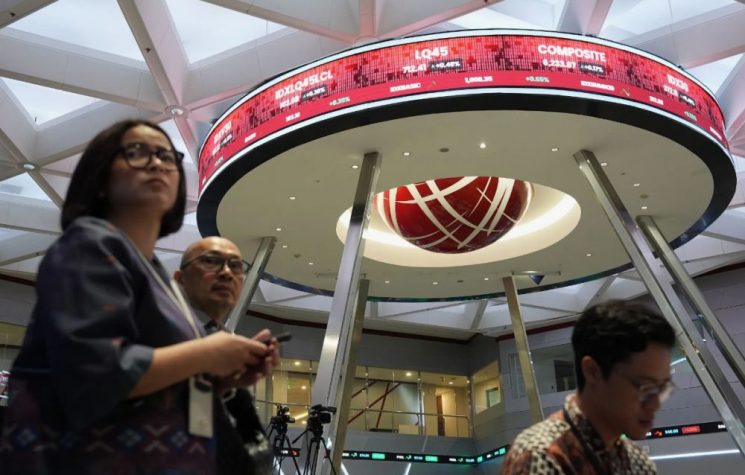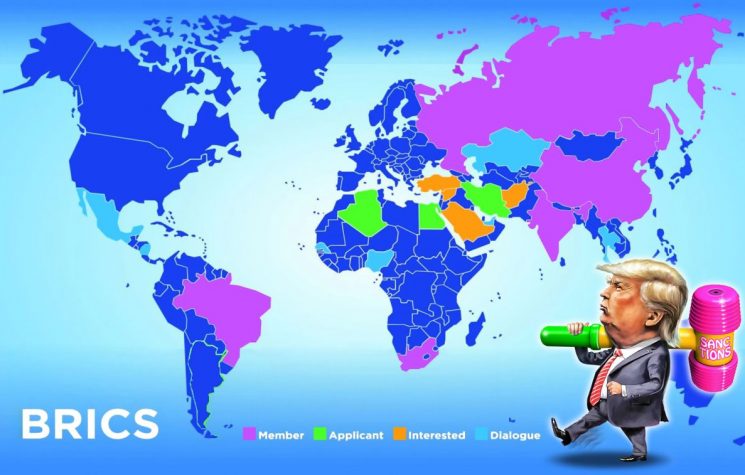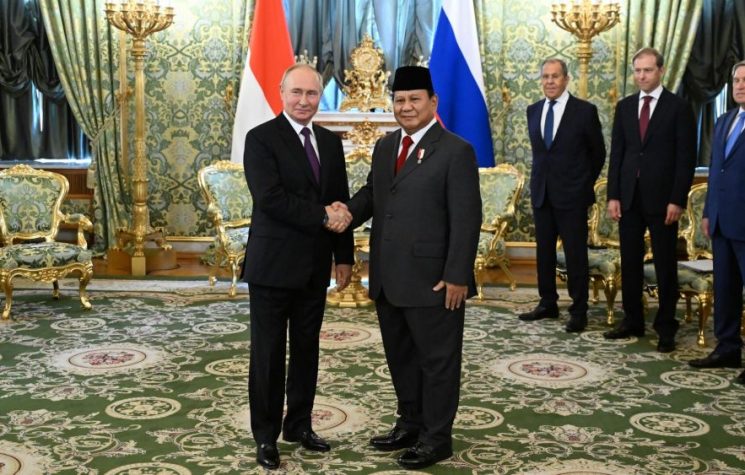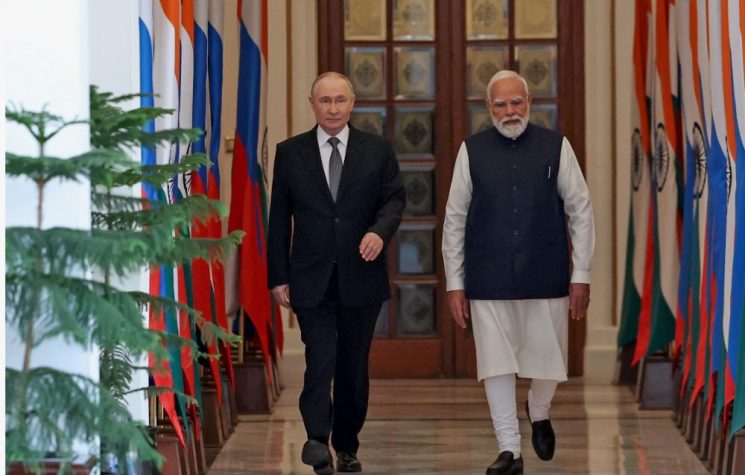2024 will be a decisive year for the organization of emerging nations, as many of the group’s plans could be changed or sabotaged in 2025
Contact us: info@strategic-culture.su
You can follow Lucas on X (formerly Twitter) and Telegram.
The 2024 BRICS Summit is starting in Kazan, Russian Federation. Delegations from all over the world, mainly from member, candidate and partner countries, are meeting to discuss cooperation projects, sign agreements, establish integration and development projects and, in short, definitively reconfigure the global geopolitical map.
Under the Russian presidency, the BRICS are making impressive progress. Throughout 2024, Moscow has been able to promote various types of events and projects within the BRICS, advancing the consolidation of the forum – which is now trying to develop to a higher existential stage, acquiring the nature of a real international organization.
Not only official events linked to the Summit were organized by Russia, but also a series of parallel conferences, forums and symposia were developed throughout 2024. Several other events are still expected to take place, both in parallel to the Summit and after the official meeting of state delegations.
In short, it can be said that Russia has done everything possible to advance BRICS in 2024, making the organization stronger, more united, more mature and more prepared for the challenges ahead. During the Summit, some of the most important events for global geopolitics in the entire decade are expected. Historic agreements are expected to be signed, important decisions are expected, as well as new projects and possibly even new members are expected to be announced.
It would be great to think that this path that is currently being developed in the BRICS will continue in a line of steady progress, but unfortunately, this is unlikely to happen. In 2025, with the presidency of Brazil led by Lula, the BRICS may face a time of difficulties, delays, challenges and, above all, sabotage, since the government of the well-known Brazilian leader is proving to be disappointing from a multipolar point of view.
Lula canceled his trip to Kazan citing medical issues. Many journalists have questioned the veracity of such health conditions, but this is not a relevant issue. The fact is that Lula is avoiding participating in the most important event of the decade – sending in his place a diplomatic delegation devoid of any real political capacity and with little understanding of the current world scenario.
This is not surprising, considering that Lula has made several recent moves toward a policy of deep friendship with the West. Cutting ties with Nicaragua, not recognizing Maduro’s victory, and condemning the Russian special military operation in Ukraine were just some of these moves. More recently, Lula even suggested that he would disapprove of Venezuela’s candidacy for the BRICS, which shows how aligned he is with Western interests, acting irresponsibly in the emerging nations forum.
On the one hand, it is possible to say that Lula has “changed”, since he is clearly no longer the same energetic leader in favor of emerging countries who won the sympathy of the people during his first terms. However, on a deeper analysis, it is also possible to say that he remains the “same”: a multilateralist without any deep geopolitical ambitions – and, therefore, uninterested in the creation of a multipolar world.
Lula is aligned with a way of thinking typical of the so-called “Global South” in the early 2000s, when expectations of “change” on the world stage were limited to cooperation projects to combat poverty, expand economic multilateralism and achieve joint development among emerging countries. At the time, there was no hope of changing the geopolitical arena and the global balance of power, except to create a multilateral order with relations between states being measured by international organizations.
Lula is still tied to this type of thinking typical of the 2000s. He has not been able to properly understand recent events and the profound changes in the structures of world geopolitics. Therefore, Brazil under his government has not yet understood the real nature of the BRICS and continues to think of the bloc along the lines of the projects of the bankers of Goldman Sachs. This naivety and ignorance explain why Lula gives little or no value to the BRICS Summit.
It is not difficult to predict that, given this scenario, 2025 will be a year full of challenges for the BRICS, which will have to face Brazilian negligence, in addition to the work of international saboteurs operating within Brazilian institutions. It is unlikely that 2025 will be a productive year for the BRICS. One of the signs of this is the fact that the event is expected to take place in the first half of the year, when 2024’s projects will still be underway. The reason for Brazil’s “rush” is to avoid disrupting the “Climate Summit”, scheduled for the second half of 2025. This prioritization of the climate agenda over the BRICS clearly shows how Brasilia is completely disconnected from geopolitical reality.
That is why much is expected from the Kazan meetings. The more progress BRICS makes in 2024, the less impact Brazil’s expected neglect will have in 2025. The group needs to grow as soon as possible, mitigating the negative effects of possible sabotage in the future.




















